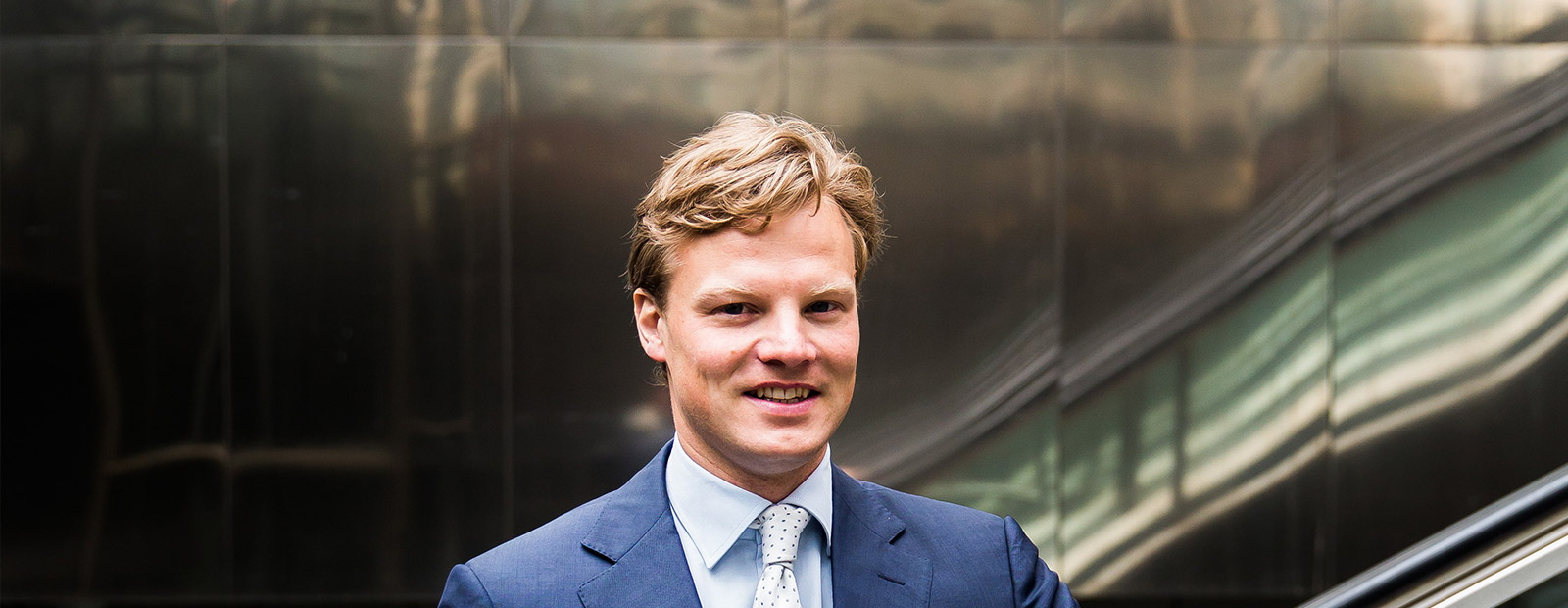
Youp Hamburger
You combined mid-tier with top-tier consulting.
"Yes, after seven years at Accenture I was eager to seek something more challenging, and that is what I found at McKinsey. I worked there for two years, until I became a father and RET just happened to be looking for someone to put the five year plan I co-authored into practice. I grabbed the opportunity with both hands. For my career the combination of mid-tier and top-tier is very valuable, because the analytical aspect of McKinsey complements the focus on implementation at Accenture. In my position of Program Manager I use both."
What is it like to implement your own strategy?
"I am glad it is so well thought out! A lot of the original plan still stands and we are on schedule. I am responsible for a program that sets out to make RET great, rather than good, through twenty five initiatives. They vary from making better use of talent to decreasing sick leave within the organization to nicer tube/bus stations to improved service for the customer. All these initiatives are ultimately about one thing: the perfect journey. It is my role to make that happen, together with the people that work on it. In part I manage it directly, as well as indirectly, through line managers."
Of what use are you consulting skills in his job?
"Part of the job is essentially not that different. Take breakdowns for instance. They can be caused by issues with the material, personnel, signals, infrastructure…when mapping out, communicating about and solving such problems I use McKinsey’s method."
What are the differences?
"The biggest difference is that as a consultant I only worked on one project at a time, whereas now I need to oversee twenty five projects simultaneously. But I also have more time for things. At McKinsey everything had to be ready by yesterday. Here, essentially I have five years to get things done. It does need to happen and I do need to keep things going at a steady pace, but one day does not make such a huge difference on that kind of scale. That is a wonderful thing."
What did you learn from your exit?
"How important it is to surround yourself with the right people, so that you attain leverage. I built a team here of seven senior project managers and specialists. Each and every one of them is filled with drive and energy, which is why the board knows to find us when something needs to get done quickly, even if it is outside of the scope of our projects. What really exceeded my expectations was the importance of the communications team. By propagating transformation they ensure ‘the perfect journey’ means something to everyone at RET. Now that this occurs the entire organization is shifting. The driver on a tram is glad to have managed to open the doors of his vehicle to a lady running to make it in time, for instance. I have been lucky enough to experience how powerful communication can be."
What's next?
"Before starting something new I want to make myself surplus to requirements here. The more ownership I am able to shift to others, the bigger its impact shall be on the organization in the long run."
What is your advice for consultants considering an exit?
"Don’t leave too soon. That doesn’t mean you should stay at the same consultancy firm during the course of your entire career, but do make sure you have really acquired the skills before you leave, because you will never learn them again. I never regretted being a consultant for nine years."
